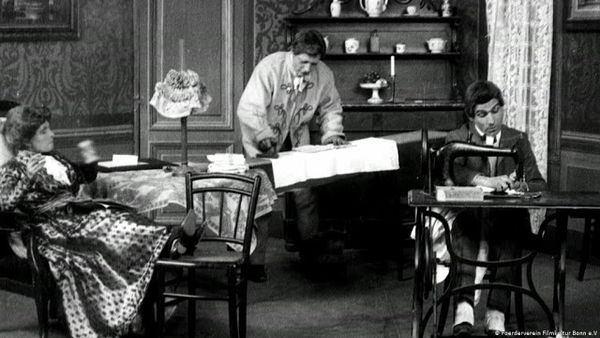This is one of the first movies that converted me from being a "huge movie fan" to sliding down the rabbit-hole of cinema. Maybe the first, I think I've often said it was the first.
About 15 years ago I bought Roger Ebert's original "The Great Movies" and decided to start reading about and watching the films therein and this was the first one I picked. And it absolutely changed the way I watched and felt about movies. It had been brewing for a long time but this just happened to be the event horizon.
About 15 years ago I bought Roger Ebert's original "The Great Movies" and decided to start reading about and watching the films therein and this was the first one I picked. And it absolutely changed the way I watched and felt about movies. It had been brewing for a long time but this just happened to be the event horizon.







 Check out my podcast:
Check out my podcast: 